We can say with a great amount of certainty that when President Ramaphosa informed the country of the national lockdown most employers and employees were unprepared for the challenges associated with the lockdown.
Notwithstanding the challenges, many companies found their footing a few months down the line. This article takes a look at the pros and cons experienced by us during the lockdown and how it affected not only our business but the operations of our client’s businesses and how they managed during lockdown.
Fortunately, our practice has always been run in a manner which allows the team to work remotely if and where necessary. This allowed us, with a great amount of ease, to pick up our operations and work from home during the hard lockdown and the other various lockdown levels.
A pro we experienced while working from home was that there were fewer distractions which allowed us to turn-around work and instructions more quickly and efficiently. One of our clients experienced the same. Here is what the Managing Director of Now Boarding, Leigh Stefanski, had to say in relation to their experience – “We’ve always aspired to enable more remote working, but as a highly collaborative team, we were intimidated by the complexities it might entail. Having been pushed into it by the pandemic, we are now able to operate fully remotely and have found it’s made us more productive and better communicators.”
In addition to being more productive employers and employees spent less time travelling to and from work and meetings. Being available to simply “Zoom” in and out of meetings allowed for greater flexibility. Caryn Pillar, a People Officer at Incubeta, stated that a definite pro was that there was no travel time taking up her mornings. This allowed her and the other employees greater flexibility regarding their working times.
Another pro of working from home was that employees were forced to improve their communications skills and more processes were shifted from manual to online allowing better flexibility and cost savings. Petro-Ann Beukes, a National Human Resources Manager with Pam Golding Properties, stated that “We managed to automate several of our administrative processes, which meant that we became more efficient and also reduced human error.” Similarly, Nicole Matthews, a Human Resources and Payroll Administrator at Capital Land Property Asset Management, stated that “We were forced to adapt processes to paperless and have maintained this even after returning to the office. Electronic record-keeping has improved, and paper filing reduced.”
With the realisation that working remotely from home was in fact a possibility, many of our clients could reduce costs by downsizing their office space. In relation hereto Petro-Ann had the following to say “…with all our staff working from home, we also realised that we didn’t need all our office space (which led to significant cost saving) and we were pleasantly surprised by how effective remote working could be – it is good for us, but most importantly good for our employees who are saving travelling time and money.”.
Unfortunately, lockdown brought with it some new challenges for employers and employees to face. We were required to guide our clients with addressing unsatisfactory performance because employees were unwilling/unable to work from home as a result of their personal circumstances or a simple inability to manage their time effectively when not being supervised in office. This resulted in a noticeable drop in performance levels, and with employees working from home, it was difficult for employers to monitor and manage their performance.
Another con was the effect isolation had on everyone. Some employees struggled with not having human interactions with their colleagues and supervisors. This resulted in a few instances of incapacity that required assistance from us. For example, Caryn stated “A lot of people suffered from anxiety/depression/emotional and mental difficulties due to being in lockdown for so long and not having the ability to meet with their colleagues.”. A lack of physical interaction and being able to leave the office at the end of the workday resulted in many employees working around the clock and not making the distinction between working time and personal time. Nicole mentioned that “The fine line between work and personal time disappeared as a lot of us tended to work 24/7 – no boundaries as you were always home where you live and work.”.
Even though we, the practice and our clients, have managed to weather the COVID-19 storm thus far, specifically the manner in which we conduct business, we have been able to manage and emerge on the other side of the “first wave” with valuable lessons learnt. We have shown that we are able to adapt to a changing working environment and that there is always room for improvement. As Aba Ayirebi, the Head of People at Stor-age stated “The most positive take away from this year has been the realization that no one person or business unit can operate in a silo. Even whilst apart, through the use of technology, our MANCO found alignment, sharing constructive and creative ways in which not to only keep the business together but moving forward.”.
We trust 2021 will bring new opportunities and ways of working together while we place 2020 in the “year we all learned” box and move forward positively.

We can say with a great amount of certainty that when President Ramaphosa informed the country of the national lockdown most employers and employees were unprepared for the challenges associated with the lockdown.
Notwithstanding the challenges, many companies found their footing a few months down the line. This article takes a look at the pros and cons experienced by us during the lockdown and how it affected not only our business but the operations of our client’s businesses and how they managed during lockdown.
Fortunately, our practice has always been run in a manner which allows the team to work remotely if and where necessary. This allowed us, with a great amount of ease, to pick up our operations and work from home during the hard lockdown and the other various lockdown levels.
A pro we experienced while working from home was that there were fewer distractions which allowed us to turn-around work and instructions more quickly and efficiently. One of our clients experienced the same. Here is what the Managing Director of Now Boarding, Leigh Stefanski, had to say in relation to their experience – “We’ve always aspired to enable more remote working, but as a highly collaborative team, we were intimidated by the complexities it might entail. Having been pushed into it by the pandemic, we are now able to operate fully remotely and have found it’s made us more productive and better communicators.”
In addition to being more productive employers and employees spent less time travelling to and from work and meetings. Being available to simply “Zoom” in and out of meetings allowed for greater flexibility. Caryn Pillar, a People Officer at Incubeta, stated that a definite pro was that there was no travel time taking up her mornings. This allowed her and the other employees greater flexibility regarding their working times.
Another pro of working from home was that employees were forced to improve their communications skills and more processes were shifted from manual to online allowing better flexibility and cost savings. Petro-Ann Beukes, a National Human Resources Manager with Pam Golding Properties, stated that “We managed to automate several of our administrative processes, which meant that we became more efficient and also reduced human error.” Similarly, Nicole Matthews, a Human Resources and Payroll Administrator at Capital Land Property Asset Management, stated that “We were forced to adapt processes to paperless and have maintained this even after returning to the office. Electronic record-keeping has improved, and paper filing reduced.”
With the realisation that working remotely from home was in fact a possibility, many of our clients could reduce costs by downsizing their office space. In relation hereto Petro-Ann had the following to say “…with all our staff working from home, we also realised that we didn’t need all our office space (which led to significant cost saving) and we were pleasantly surprised by how effective remote working could be – it is good for us, but most importantly good for our employees who are saving travelling time and money.”.
Unfortunately, lockdown brought with it some new challenges for employers and employees to face. We were required to guide our clients with addressing unsatisfactory performance because employees were unwilling/unable to work from home as a result of their personal circumstances or a simple inability to manage their time effectively when not being supervised in office. This resulted in a noticeable drop in performance levels, and with employees working from home, it was difficult for employers to monitor and manage their performance.
Another con was the effect isolation had on everyone. Some employees struggled with not having human interactions with their colleagues and supervisors. This resulted in a few instances of incapacity that required assistance from us. For example, Caryn stated “A lot of people suffered from anxiety/depression/emotional and mental difficulties due to being in lockdown for so long and not having the ability to meet with their colleagues.”. A lack of physical interaction and being able to leave the office at the end of the workday resulted in many employees working around the clock and not making the distinction between working time and personal time. Nicole mentioned that “The fine line between work and personal time disappeared as a lot of us tended to work 24/7 – no boundaries as you were always home where you live and work.”.
Even though we, the practice and our clients, have managed to weather the COVID-19 storm thus far, specifically the manner in which we conduct business, we have been able to manage and emerge on the other side of the “first wave” with valuable lessons learnt. We have shown that we are able to adapt to a changing working environment and that there is always room for improvement. As Aba Ayirebi, the Head of People at Stor-age stated “The most positive take away from this year has been the realization that no one person or business unit can operate in a silo. Even whilst apart, through the use of technology, our MANCO found alignment, sharing constructive and creative ways in which not to only keep the business together but moving forward.”.
We trust 2021 will bring new opportunities and ways of working together while we place 2020 in the “year we all learned” box and move forward positively.



